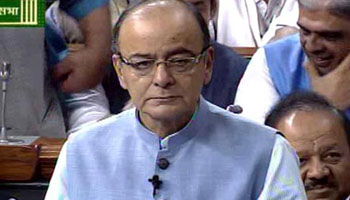As a sop to the farmers as well as the cooperative sector the government finally relented and made the last minute change in the GST rate on urea by lowering it to 5% from 12% as proposed earlier.
For the past week Indian Cooperative has been carrying stories in these columns on the issue. Stories like “Demand for exempting urea from GST “or “GST confusions abound in co-ops; urea to get costlier” drew massive attention of thousands of readers who accessed the news-items within a couple of hours of their publication.
A GST charge of 12 per cent had ratcheted up the burden on farmers by about Rs 600 per tonne. And for DAP it would have got revised with an additional cost of Rs 3000 per tones.
But most of all what bothered cooperative leaders was the deteriorating financial condition of farmers, who have to bear additional cost of agri-inputs even though they are reeling under a host of problems.
Union Finance Minister Arun Jaitley who chaired the GST Council meeting on Friday in Vigyan Bhavan announced the good news “12 per cent rate of GST on fertilizers, some felt it may increase burden on farmers, so the consensus within the Council was to bring the rate down to 5 per cent”, he announced.
Chaired by Jaitley with state ministers and bureaucrats as members, the council is the highest decision-making body for the new goods and services tax. It bears recall that the GST will replace about 20 central and state taxes and unite Asia’s third-largest economy and 1.3 billion people into a single market.
At present, taxes on fertilisers are in the range of 0-6 per cent across
The current rate is likely to have zero to minimal impact on the urea rates across the states, say experts. The two giants from the cooperative sector IFFCO and Kribhco account for major production of fertilizer in the country with IFFCO source claiming that 20% of country’s fertilizer needs are met by it alone.
